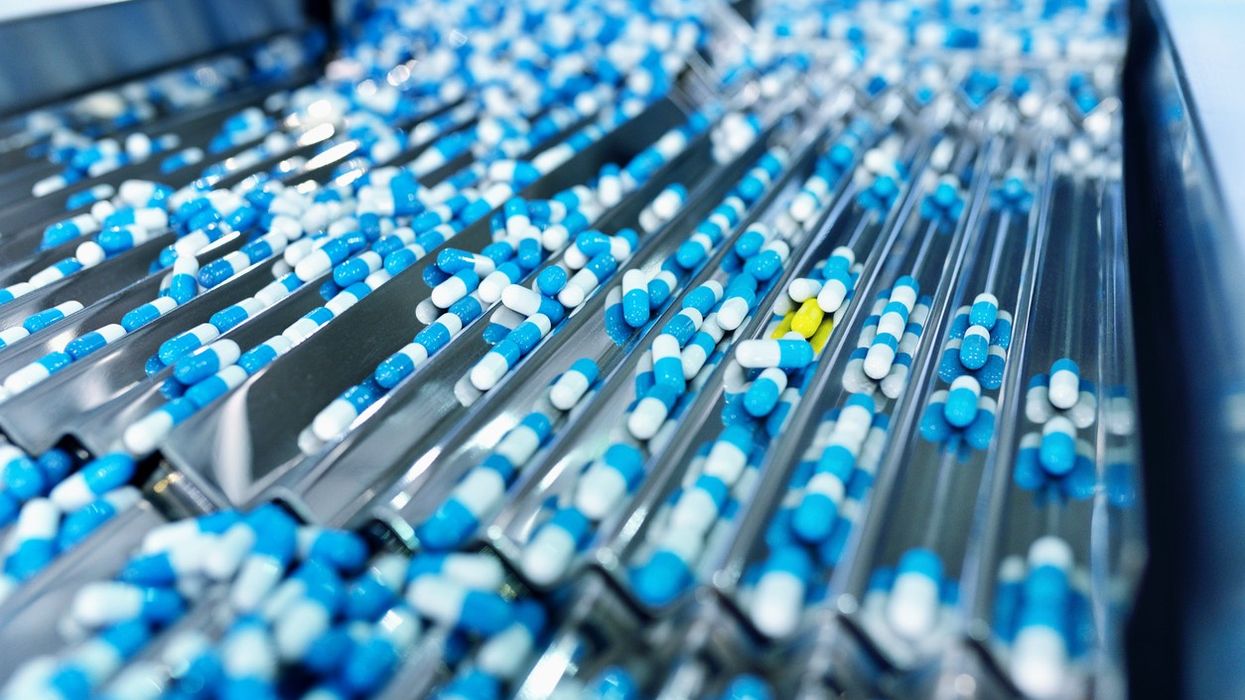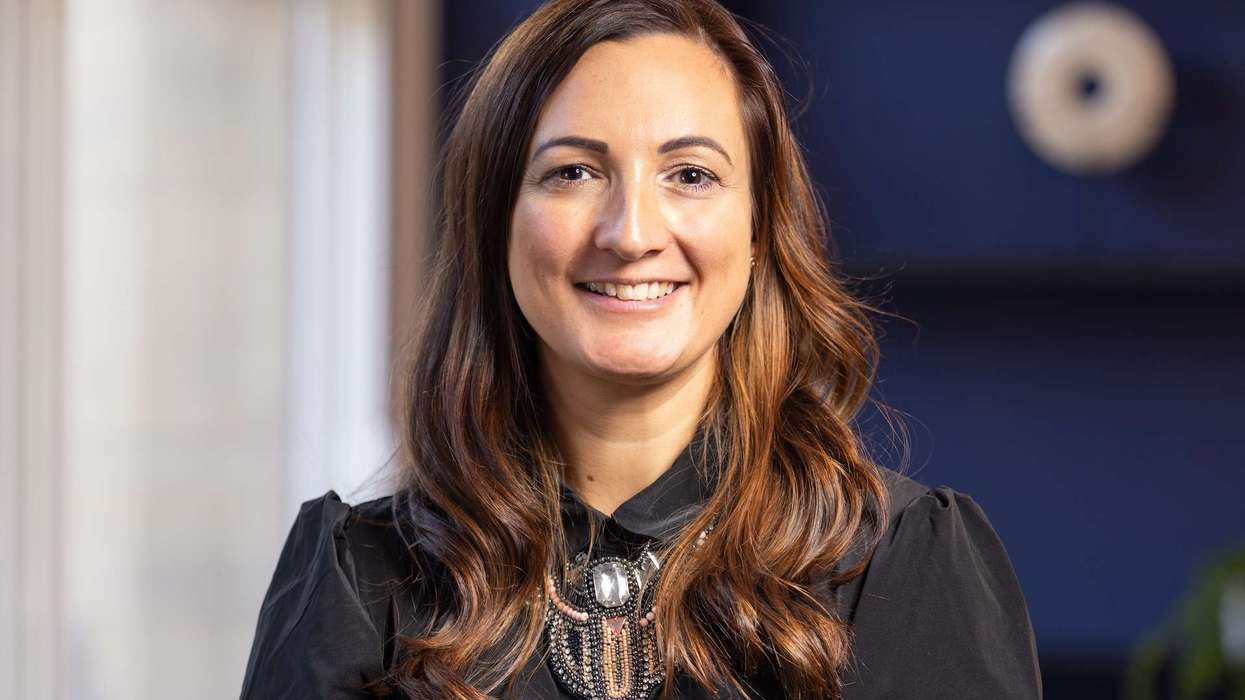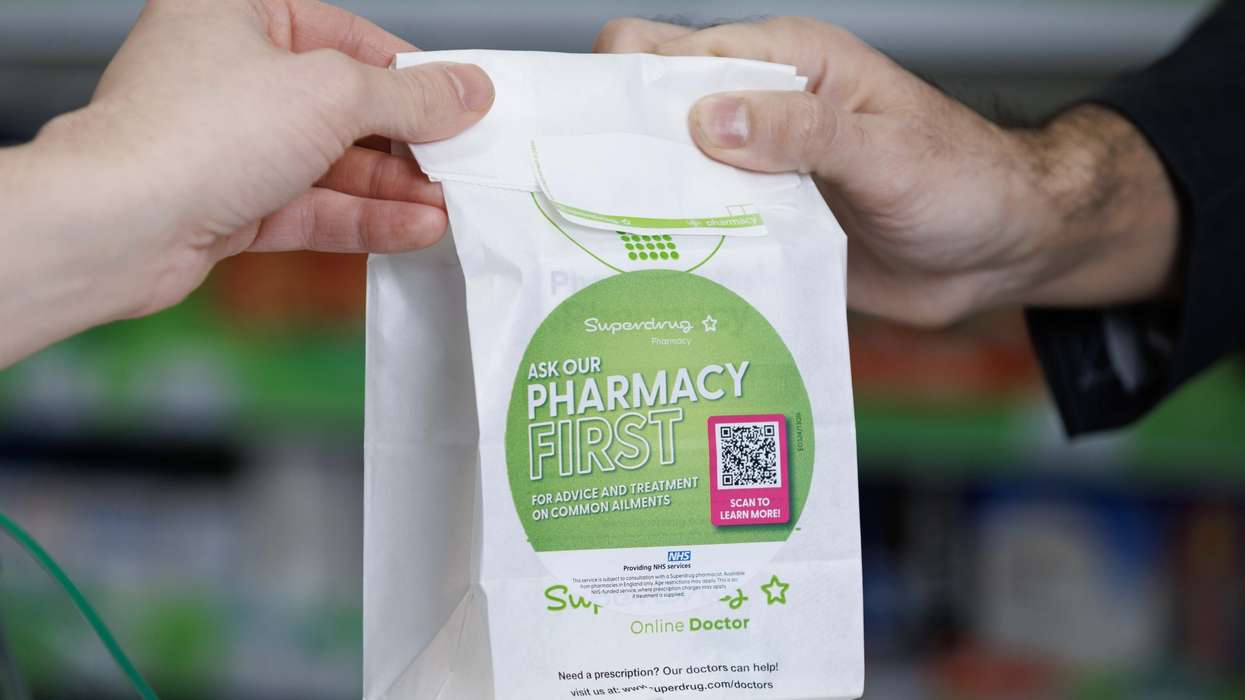Key Summary
- The government may increase the threshold the National Institute of Clinical Excellence sets for spending on new drugs
- Increasing the threshold would make it easier for pricier drugs to reach patients, but would mean the NHS will pay more overall for medicines
- Liberal Democrats have criticised the move, and the party fears it would lead to cuts elsewhere in the NHS
The government may raise the amount the NHS pays pharmaceutical firms for medicines by up to 25 percent, according to media reports.
The reported move is taking place after weeks of talks with the Donald Trump administration and drugmakers.
The government would increase the threshold that the National Institute of Clinical Excellence (Nice) sets for spending on new drugs by 25 percent. It has remained unchanged since 1999.
This comes in the wake of some major companies, such as MSD (known as Merck in the US) and AstraZeneca, having canceled or paused investments in the UK, citing pricing as an issue.
Increasing the threshold would make it easier for pricier drugs to reach patients, but would mean the NHS would pay more overall for medicines.
Under current rules, Nice considers a medicine costing between £20,000 and £30,000 for every extra year of good-quality life it provides a patient to represent good value for money for the NHS.
The science secretary, Patrick Vallance, had earlier acknowledged that the UK’s spending on new medicines needs to rise.
The Association of the British Pharmaceutical Industry (ABPI) has pointed out that with Nice rates remaining stagnant since 1999, the real value of what the UK is willing to pay for new medicines has declined by 47 per cent.
"Put another way, the amount the UK will pay for a medicine which provably improves a human life has almost halved over the past two decades."
The move is also believed to be an attempt by the government to avoid a wave of new US tariffs over what the US president Doanld Trump believes to be anti-competitive practices by the UK.
Trump has put pressure on pharma companies to lower their drug prices in the US and increase them elsewhere, accusing other countries of “freeloading” on high US prices.
He recently threatened to impose 100 percent tariffs on pharmaceutical imports from 1 October to ramp up the pressure, although these did not materialise.
In response to pressure from Trump, Pfizer and several other US and European companies have started to cut their prices in the US.
The proposed move by the UK government has been opposed by some organisations.
The Liberal Democrats have criticised the move, and the party fears it would lead to cuts elsewhere in the NHS.
Just Treatment, a patient-led campaign group, has called it “deeply troubling news for patients and the NHS”.
Health think tank, the Nuffield Trust, urged the government not to give in to the demands of pharmaceutical companies to raise prices, the Independent reports.












